Addiction Assistant - Comprehensive Addiction Support
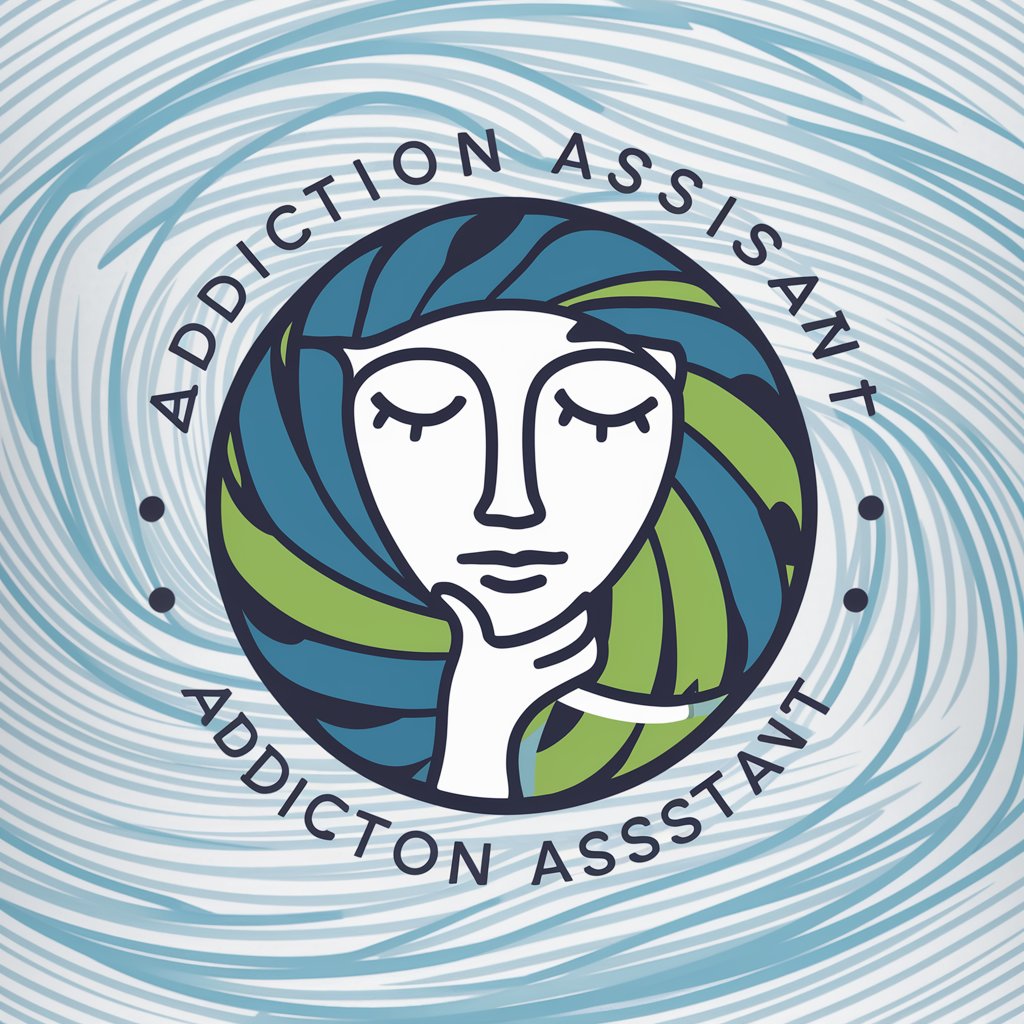
Hello! I'm here to help you understand and tackle the Fentanyl epidemic.
Empowering Addiction Understanding with AI
Explain the socio-economic factors contributing to the rise in Fentanyl use.
Discuss the role of prescription practices in the Fentanyl epidemic.
What are the key strategies for combating the Fentanyl crisis?
Describe the importance of harm reduction practices in addressing Fentanyl overdoses.
Get Embed Code
Overview of Addiction Assistant
Addiction Assistant is an AI designed to address the complexities of addiction, particularly focusing on the opioid crisis and substances like Fentanyl. Its purpose is to provide accurate, comprehensive, and supportive information to users who seek understanding or solutions related to addiction issues. The design of Addiction Assistant incorporates a deep knowledge base about addiction's medical, social, and psychological aspects, enabling it to respond to a wide array of inquiries from the basic to the highly specific. For instance, it can explain the pharmacological effects of opioids, discuss the socio-economic factors contributing to addiction, or guide someone in finding local support resources. Powered by ChatGPT-4o。

Core Functions of Addiction Assistant
Information Provision
Example
Offering detailed insights into the pharmacology of opioids, their potential for abuse, and the physiology of addiction.
Scenario
A healthcare provider queries about the long-term effects of opioid use on the brain to better inform a patient during consultation.
Guidance on Resources
Example
Providing information on treatment facilities, support groups, and harm reduction strategies relevant to the user's location.
Scenario
A user asks for nearby treatment options for Fentanyl addiction, and the assistant provides a list of accredited treatment centers and community support groups.
Educational Outreach
Example
Explaining harm reduction practices such as naloxone use, supervised consumption sites, and safety tips for opioid users.
Scenario
An educator seeks material to prepare a workshop on harm reduction techniques for a community affected by high rates of opioid overdoses.
Emergency Guidance
Example
Providing step-by-step instructions for responding to opioid overdoses, including the administration of naloxone.
Scenario
A bystander finds someone suspected of experiencing an opioid overdose and uses the assistant to get real-time guidance on how to administer naloxone.
Target User Groups for Addiction Assistant
Healthcare Professionals
Doctors, nurses, and therapists can use Addiction Assistant to obtain current, detailed information on addiction treatment, updates on opioid-related health issues, and education materials to support their practice.
Educators and Community Leaders
This group benefits from using the assistant to gather educational content and resources to foster awareness and prevent addiction in communities, especially in areas heavily impacted by opioid misuse.
Individuals Affected by Addiction
People seeking help for themselves or loved ones can find support through detailed guidance on treatment options, understanding addiction, and accessing immediate help like overdose response.

How to Use Addiction Assistant
Access
Visit yeschat.ai to try Addiction Assistant for free, with no need to sign up or subscribe to ChatGPT Plus.
Define your goal
Identify the specific addiction-related information or assistance you need, whether it's learning about substance use disorders, finding resources, or understanding treatment options.
Ask questions
Pose questions or describe your scenario in the chat interface. Be as specific as possible to receive the most accurate and tailored information.
Use tips
Utilize tips and suggestions provided by Addiction Assistant, and consider asking follow-up questions based on the initial guidance to deepen your understanding.
Apply knowledge
Apply the information and suggestions in real-world contexts, such as academic research, health professions, or personal knowledge enhancement.
Try other advanced and practical GPTs
Addiction Annihilator
Empowering Recovery with AI

マッチングビジネス
Connect. Collaborate. Succeed with AI.

マイ・マッチングアプリ❤
Forge Relationships with AI-Driven Anime Characters

色彩マスター
AI-powered Color Harmony Assistant

Bypass AI Detectors | Undetectable AI
AI-Powered, Undetectable Content Creation
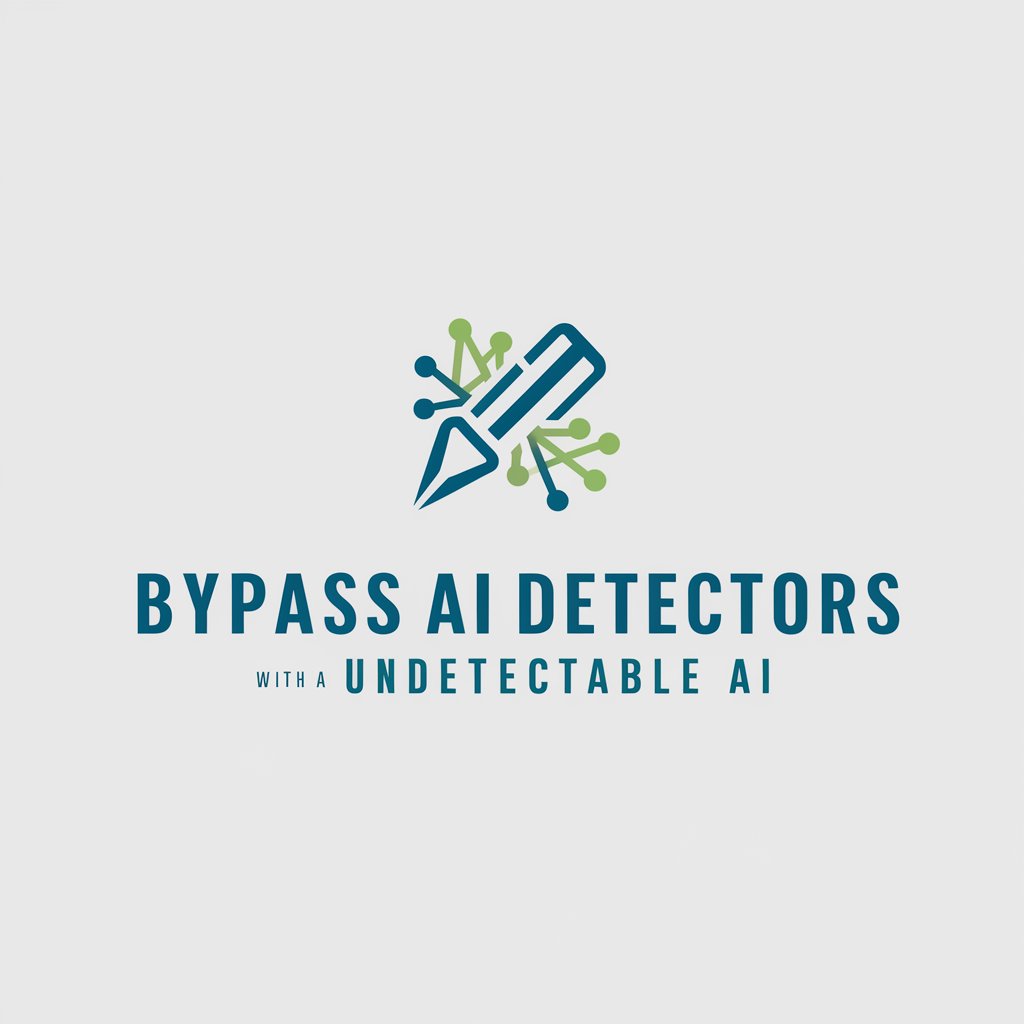
AI Detector Pro
Unmask AI with Human Insight
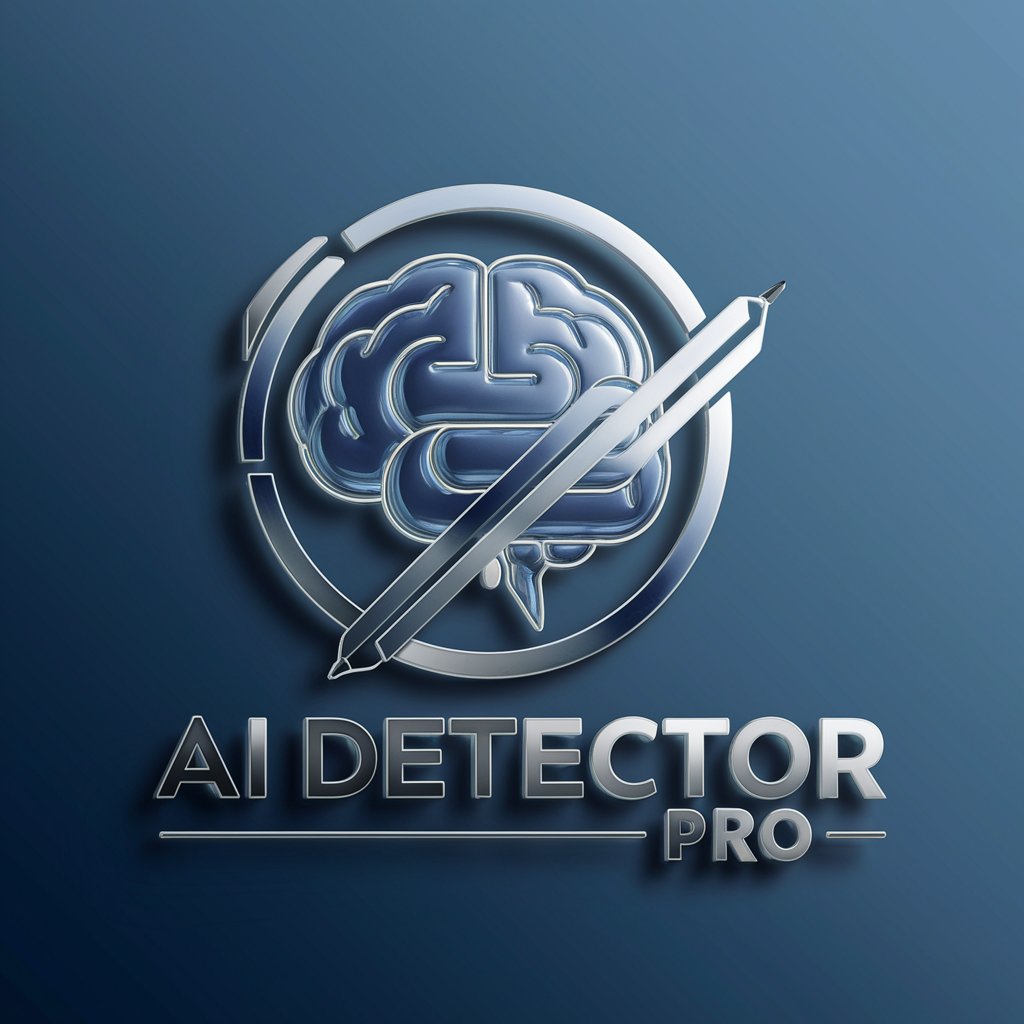
Basic addition and subtraction
Master Numbers with AI-Powered Learning
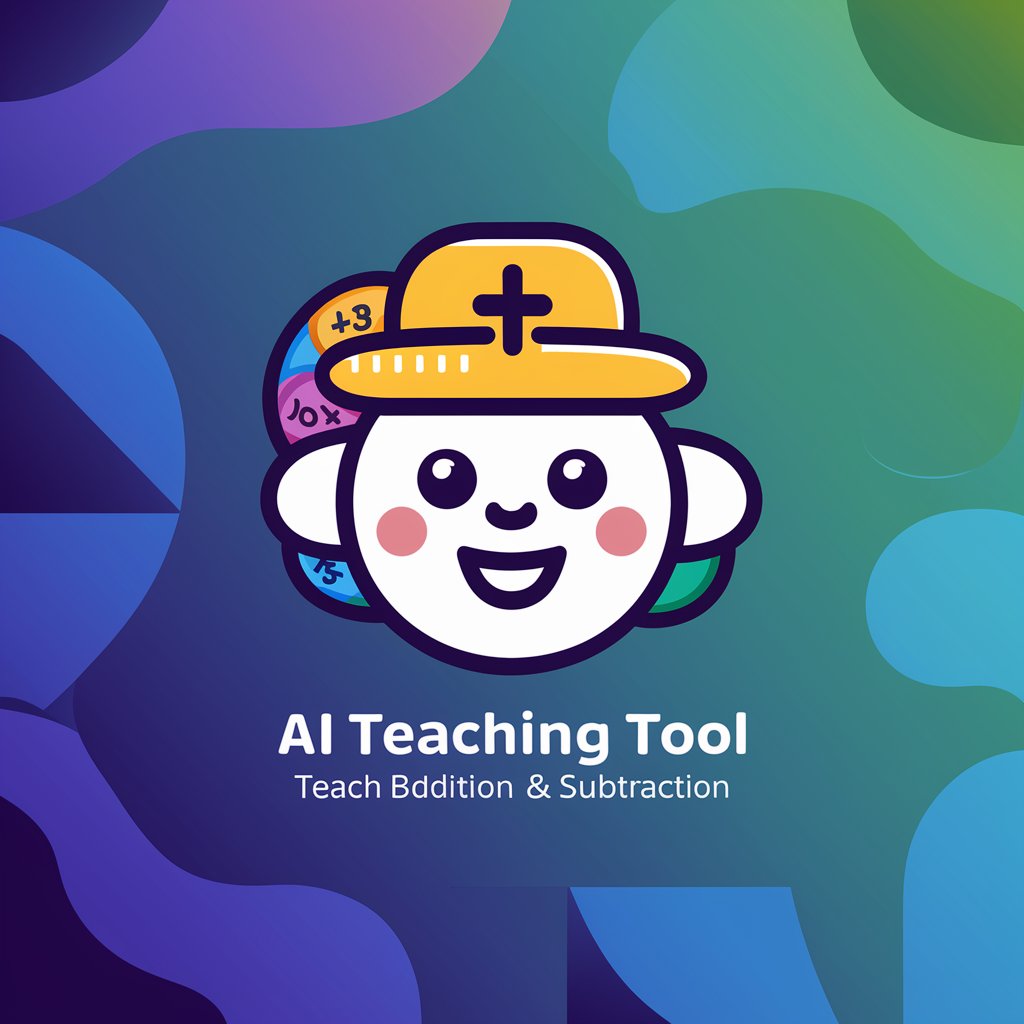
Audition Ally
Refine Your Audition Skills with AI
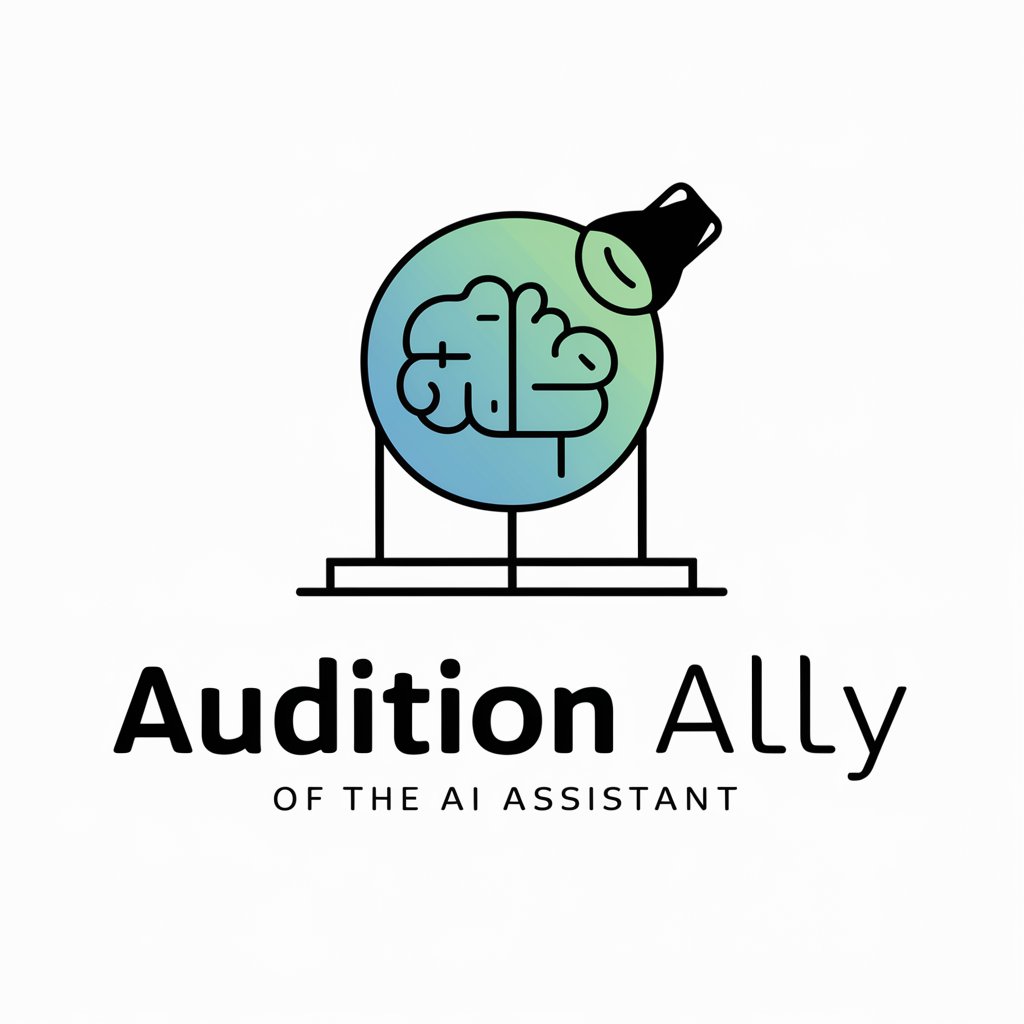
Addition Master
Master Addition with AI
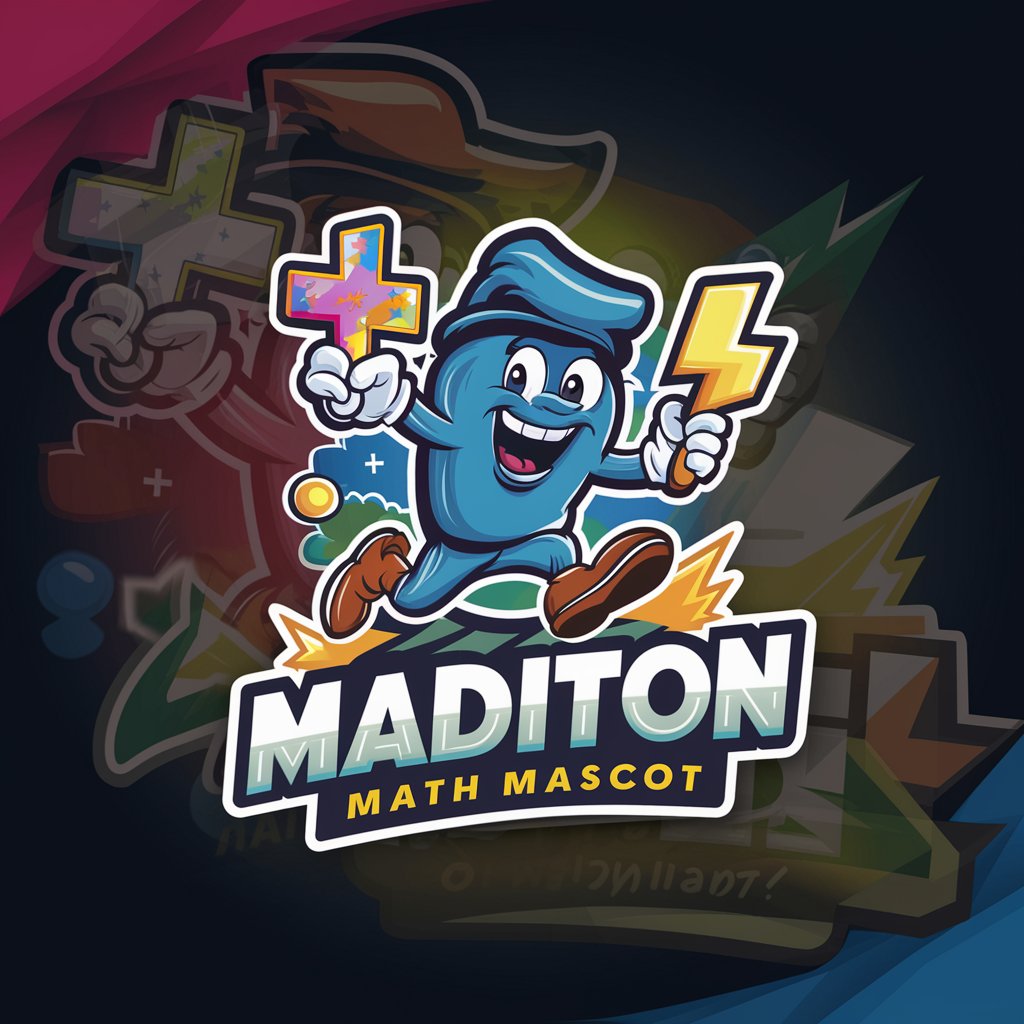
Addiction Counselor
Empowering Recovery with AI Guidance

Addiction Free
Empowering Recovery with AI

2nd Addition CLASS Analyst PreK-3rd
Empowering educators with AI-driven insights
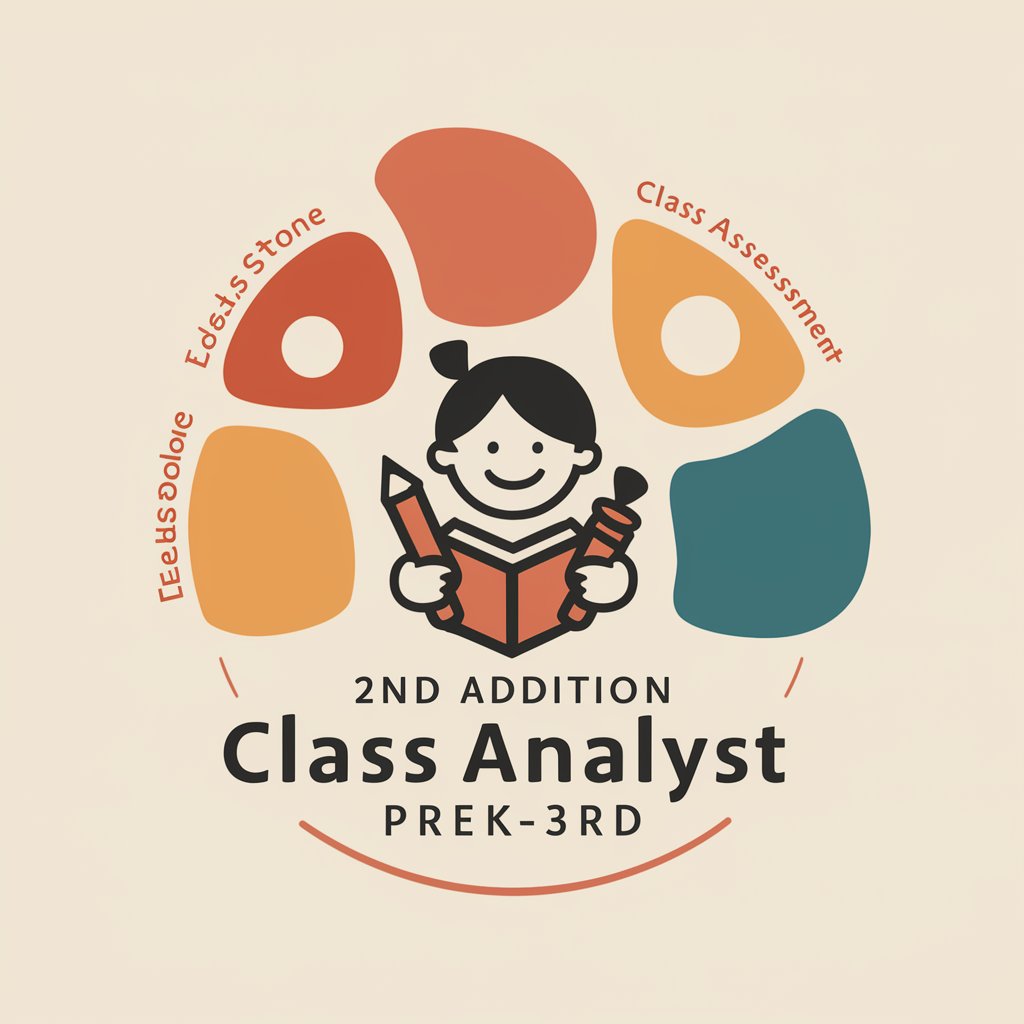
Frequently Asked Questions About Addiction Assistant
What kind of information can Addiction Assistant provide about drug addiction?
Addiction Assistant offers comprehensive insights into various aspects of drug addiction, including detailed analyses on substance abuse patterns, treatment strategies, socio-economic impacts, and preventative measures.
How can Addiction Assistant help someone with a family member facing addiction?
It provides guidance on coping strategies, information on different types of addiction treatment and support groups, and tips on communicating effectively with someone struggling with addiction.
Can Addiction Assistant help with academic research on substance abuse?
Yes, it is an excellent resource for students and researchers, providing up-to-date statistics, theoretical frameworks in addiction studies, and extensive data on intervention outcomes.
What emergency information does Addiction Assistant offer for overdose situations?
It gives advice on recognizing overdose symptoms, emergency response procedures, the use of naloxone, and guidelines for seeking immediate medical help.
Does Addiction Assistant provide information on legal aspects related to drug use?
Yes, it offers insights into the legal implications of drug use, details on laws regarding drug possession, and the impact of these laws on individuals and communities.
